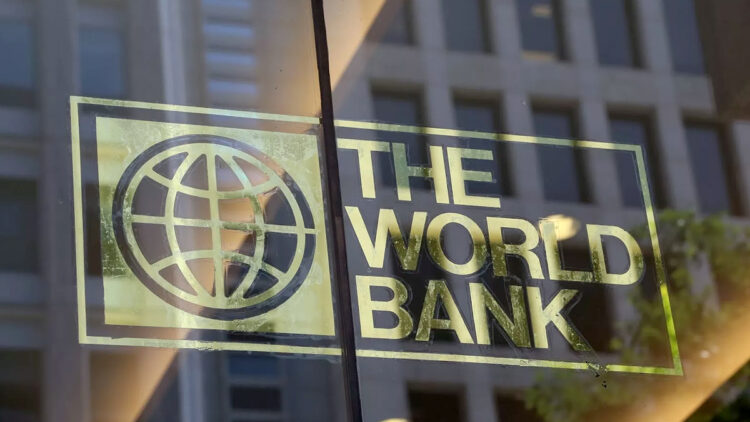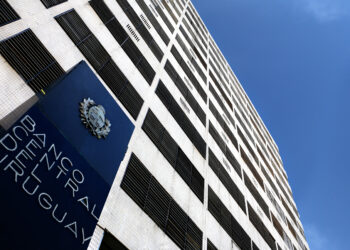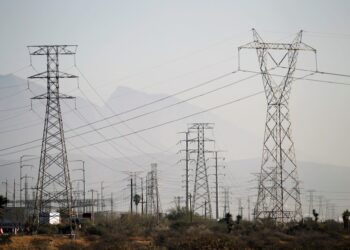Latin America’s success in containing inflation is at risk due to rising fiscal imbalances, driven by increased public spending to stimulate growth, according to a new World Bank report. The region, which has made significant progress in controlling historically high inflation, faces challenges as fiscal rules are relaxed and public spending increases.
William Maloney, World Bank chief economist for Latin America and the Caribbean, highlighted that many governments in the region are under pressure to stimulate the economy through increased spending, which often leads to increases in the minimum wage in order to increase consumption. However, this could undermine progress in controlling inflation. In an interview with Bloomberg, Maloney warned that Latin America risks losing its macroeconomic discipline, which could lead to greater instability.
The World Bank predicts that Latin America’s economy will grow 1.9% this year and 2.6% in 2025, slightly above previous estimates but still lagging behind other regions of the world. Maloney stressed that although unemployment rates are low, many households rely on government transfers as wages have not fully recovered to pre-pandemic levels.
Another concern raised by the World Bank is resistance to tax reforms that could generate more revenue for governments. Central banks have managed to keep inflation under control through high interest rates, but this has also slowed economic growth. Countries such as Colombia, Peru and Chile have begun to reduce interest rates, while Brazil has taken a more cautious approach due to persistent inflationary pressures.
The report also highlights that, although increases in the minimum wage have improved living standards in some countries, further increases could negatively affect labor markets, generating more unemployment and informality. To address fiscal challenges, the World Bank suggests implementing a wealth tax on property, which could generate up to 3% of GDP in revenue.
















